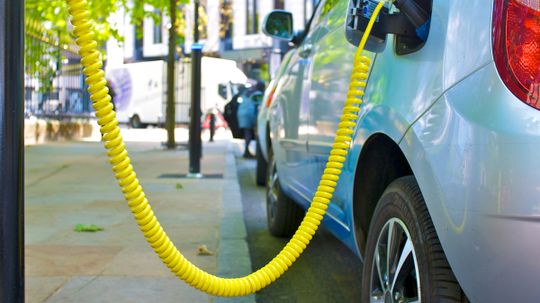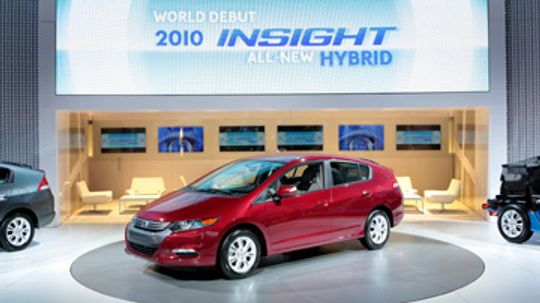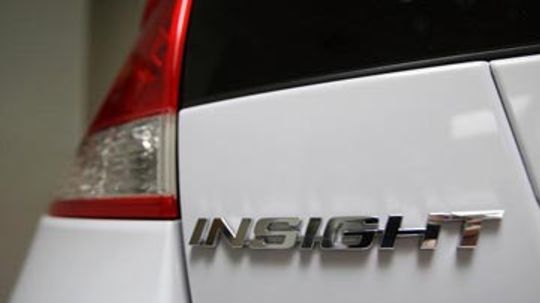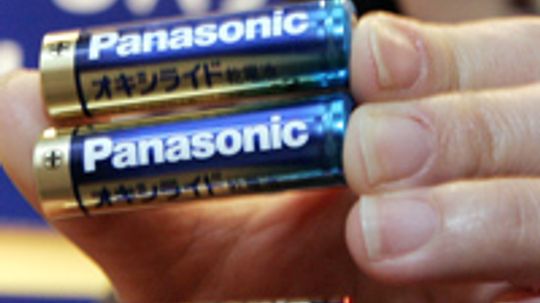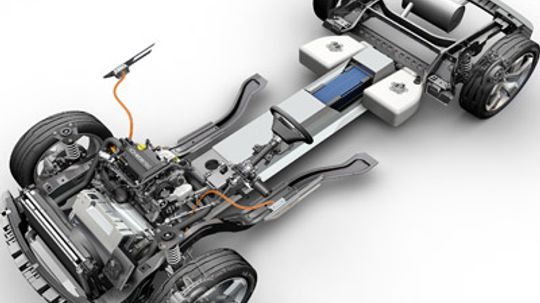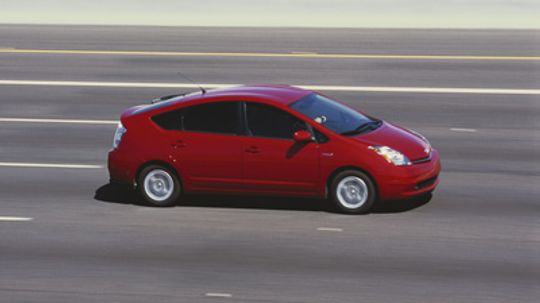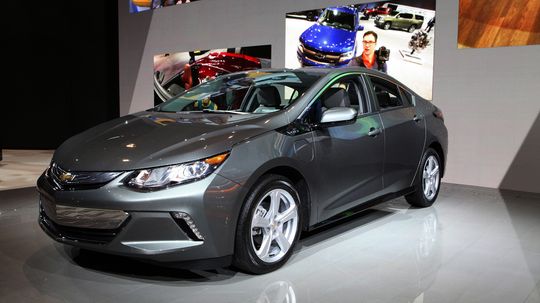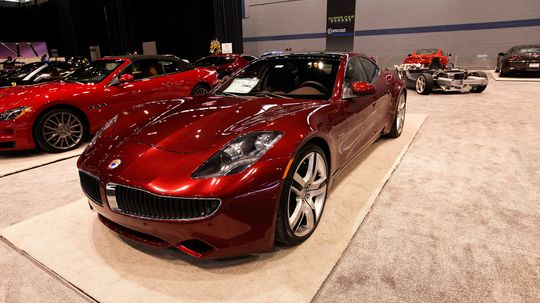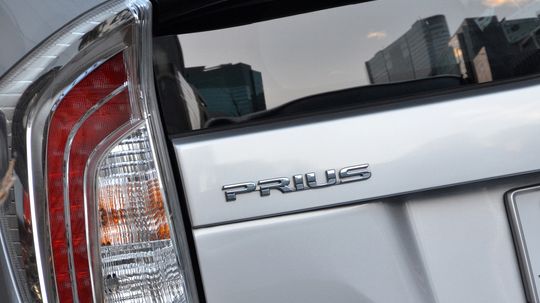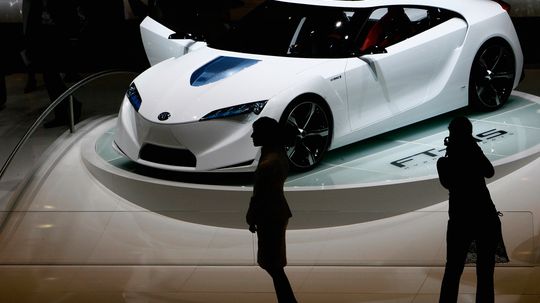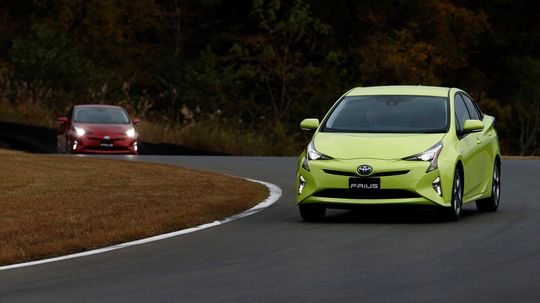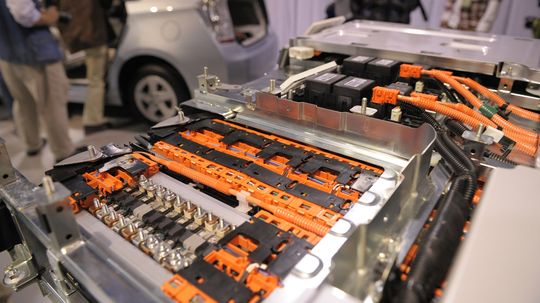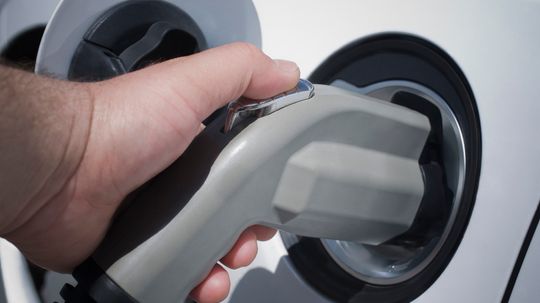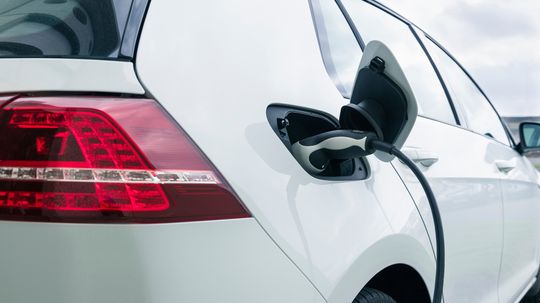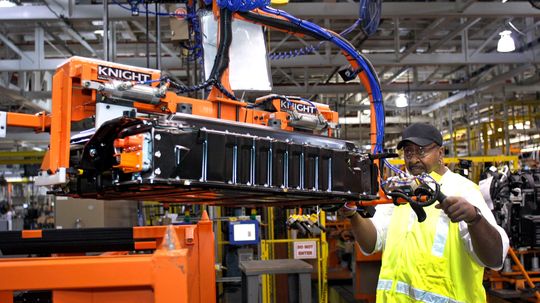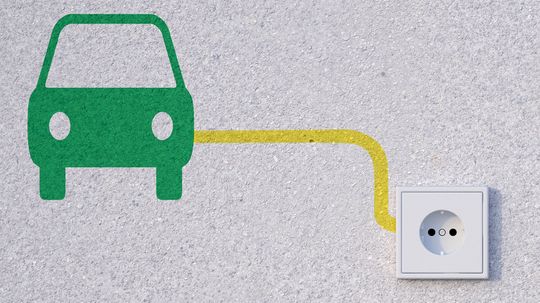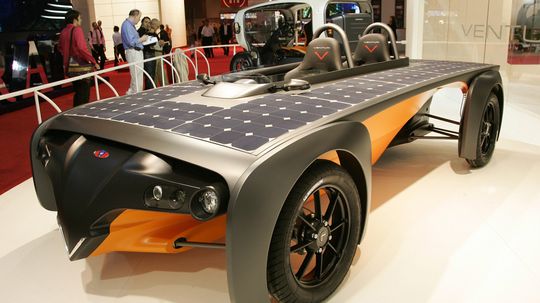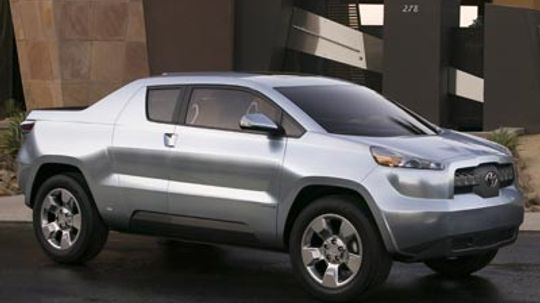Fuel Efficiency
Fuel efficiency has become an extremely important topic in today's world because of rising gas prices, the need to cut our carbon footprints, and the need to cut dependence on oil-rich nations. Check out these great articles on fuel efficiency.
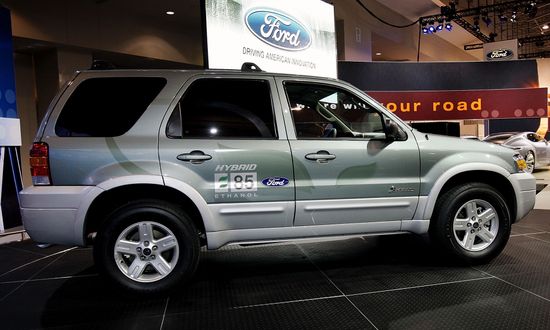
Is Ethanol Bad for Your Car?
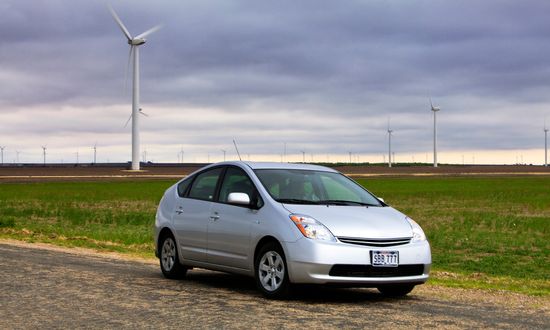
How Carbon-neutral E-fuels Work

How Plant-microbial Fuel Cells Work

Sweet Sorghum: The Sweetest Fuel You'll Ever Taste!

How Algaculture Works

What's the process to convert wine into fuel?
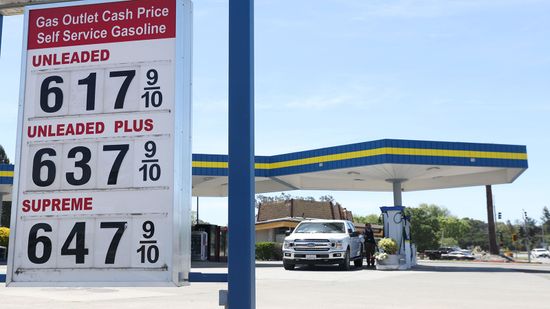
Why Is Gas So Expensive at Certain Times of Year?
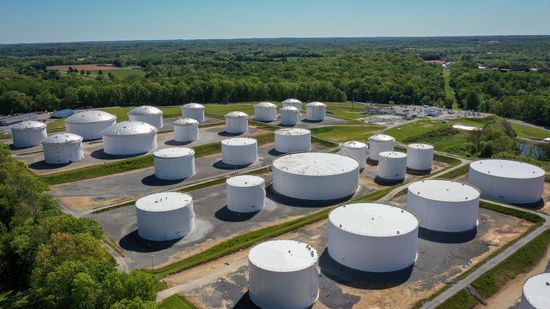
Summer-grade Versus Winter-grade Fuel
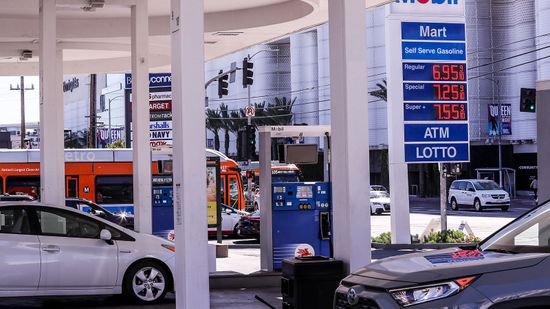
What's the Most Americans Have Ever Paid for Gas?
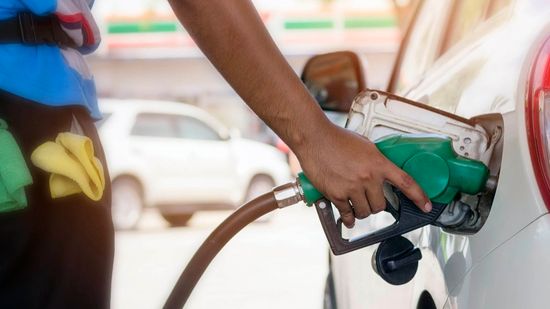
Is It Bad to Drive Without a Gas Cap?
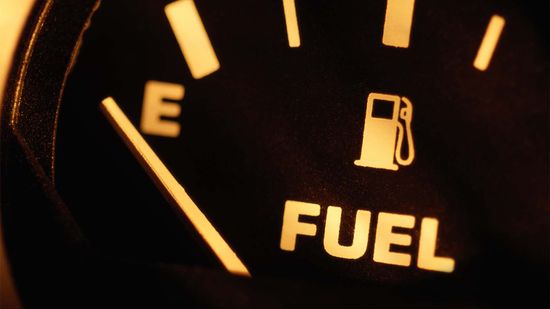
Running on Empty? How Bad Is It for Your Car?

Do fuel additives really do anything?
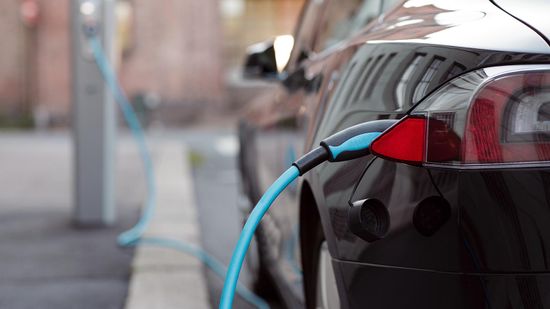
5 Outdated Myths About Buying and Owning Electric Cars
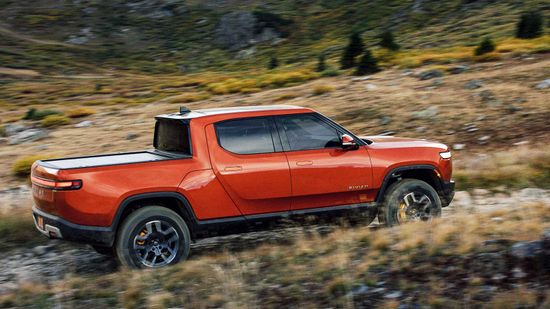
Rivian Aims to Change the EV Industry One Pickup at a Time
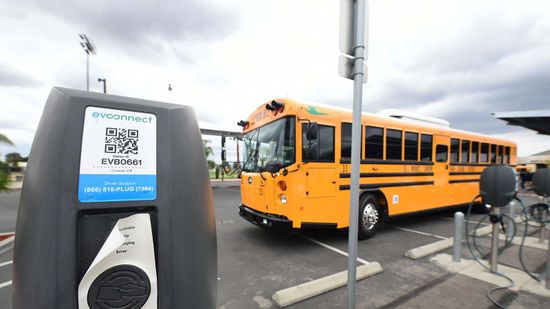
Why You Want Your Kid's School Bus to Be Electric
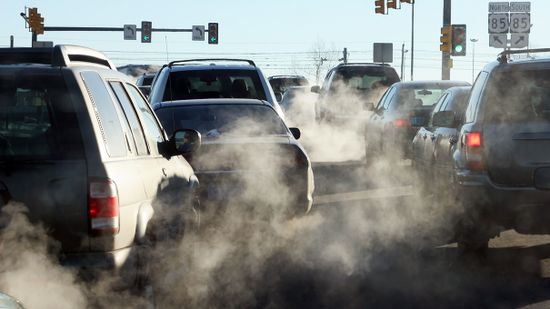
Love It or Hate It: Stop-start Technology Is Here to Stay
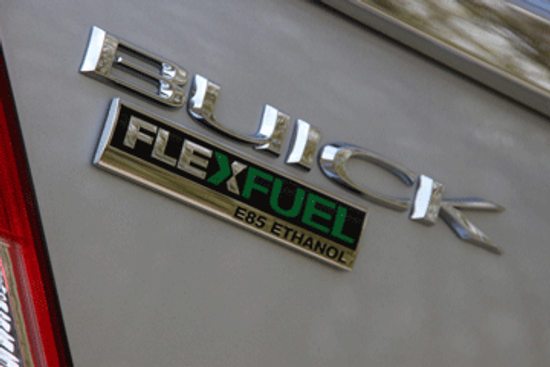
Flexible Fuel Technology: Flex Engines
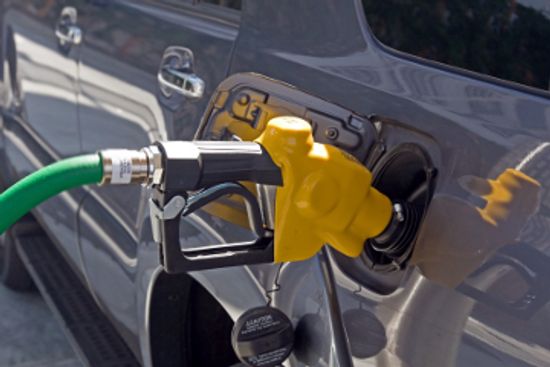
How Flex-Fuel Vehicles Work
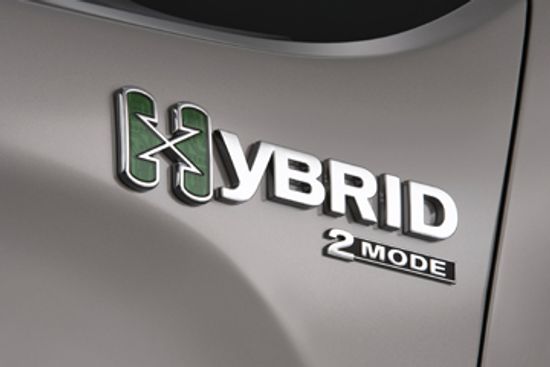
Why would someone want to steal the hybrid badge from my car?
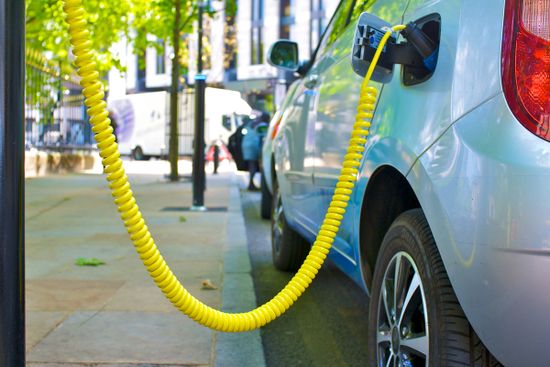
Top 10 Alternative Fuels on the Road Right Now
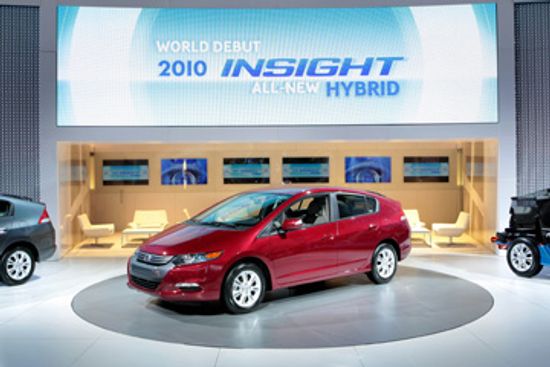
Do hybrid cars get power through kinetics?
Learn More / Page 5
When it comes to alternative fuels for cars and trucks, you may think you already know all the options. But do you think you can you list 10 alternative fuels already in use? We can.
Hybrid cars are fuel-efficient -- there's no doubt about that. However, is it true that hybrid car manufacturers have found a way to make use of kinetic energy that's normally wasted?
In 1999, Honda Motor Company became the first automaker to sell a mass-produced, gas-electric hybrid to U.S. drivers -- the 2000 Honda Insight. But how has Honda refined the Insight for 2010?
By John Fuller
Advertisement
With very few exceptions, cars have always required batteries. Hybrid and electric cars use high-powered (and often expensive) battery packs, but could you power your car with ordinary AA batteries?
The E-Flex Propulsion System is a new platform from General Motors that will power the highly anticipated Chevrolet Volt sedan. If GM has its way, most commuters won't have to burn any gas as they travel to work each day.
Replacing the battery pack on your hybrid can easily set you back $2,500 or more. However, the prices for these components are changing as quickly as the hybrid car industry itself.
By Eric Baxter
The strangest thing about the invention of the first hybrid car isn't who built it (a German engineer named Porsche), but when he built it -- at the turn of the 20th century.
Advertisement
If you're a member of Sam's Club, then you already know the great deals a membership can provide for you and your family or business. But can you really buy an electric car through Sam's Club, too?
By John Fuller
Did you know your car is operating at its lowest possible fuel efficiency when you're in stop-and-go traffic or if you're at a standstill and the engine continues to run at idle speed?
By John Fuller
Honda's taking a new approach to hybrid car design with its latest concept -- the CR-Z. But what makes the CR-Z so different from every other hybrid car currently on the road?
By John Fuller
Most of us have been told that driving with the air conditioner switched on uses a lot more fuel than rolling the windows down to cool off. But is that always true?
Advertisement
There's little doubt that the 2010 Fisker Karma, a plug-in hybrid electric vehicle, has the looks to compete with any luxury sedan currently on the market. But how does the Fisker Karma perform?
By Eric Baxter
Hybrid cars are engineered to operate at peak efficiency in specific environments. But what happens when the environment is dramatically changed? Can a hybrid car perform just as well in cold weather?
Hybrid cars aren't generally thought of as sports cars -- not right now, anyway. But if the Toyota FT-HS Hybrid Sports Concept ever makes it into production, you may have a very different opinion.
By John Fuller
The race is on to build the world's cheapest alternative fuel car as fossil fuel supplies continue to plummet and the planet's population continues to soar. This race has already seen several lead changes.
By Eric Baxter
Advertisement
From the start, Porsche has produced a lineup of cars that are exciting to drive. The latest Porsche -- the Porsche Panamera -- is no exception. But do you know what makes the Porsche Panamera unique?
Replacing a battery in a typical car isn't a big deal, and relatively speaking, it isn't expensive either. Hybrid car battery packs, however, can cost thousands to replace. Is reconditioning cheaper?
By John Fuller
If you've been doing your homework on hybrid cars, then you may have come across the term "mild hybrid" at some point in your studies. But how does a mild hybrid differ from any other hybrid car?
By John Fuller
Most hybrid cars have instant miles per gallon readout as standard equipment. This feature gives immediate mpg information to the driver. But can this simple device actually save money at the pump?
Advertisement
In this increasingly green world, automakers are looking for ways to increase product efficiency. Their focus might surprise you: The exhaust pipe.
Some potential hybrid car buyers never actually buy a hybrid because they feel the batteries are too costly to replace or have a somewhat short life. So, what's being done to improve the technology?
By John Fuller
If you don't drive a hybrid car, you may not know the purpose of a hybrid system indicator. Not only do they monitor the car's vital operating systems, but they help drivers become more efficient, too.
By John Fuller
Hybrid vehicles are eco-friendly because they use less gasoline and produce fewer emissions. However, their reliance on electrical power raises some safety concerns for drivers. How long do hybrid batteries last, and are they safe?
Advertisement
The Astrolab is Venturi's latest energy-autonomous automobile. This sporty lightweight literally gets a charge out of the sun, thanks to the photovoltaic cells covering its surface.
When you think of a hybrid vehicle, chances are, it's not a pickup truck. You're not alone. But that just may change with the introduction of the A-BAT, a compact hybrid pickup truck from Toyota.
By John Fuller
